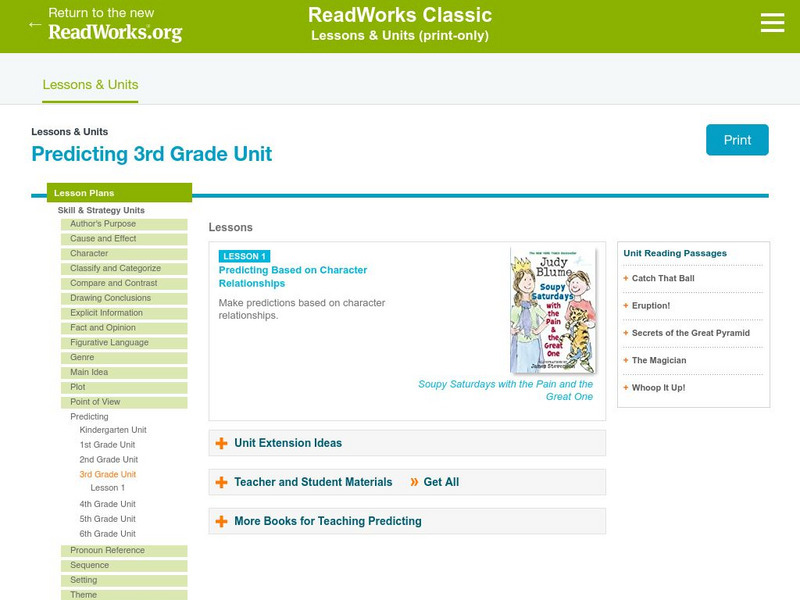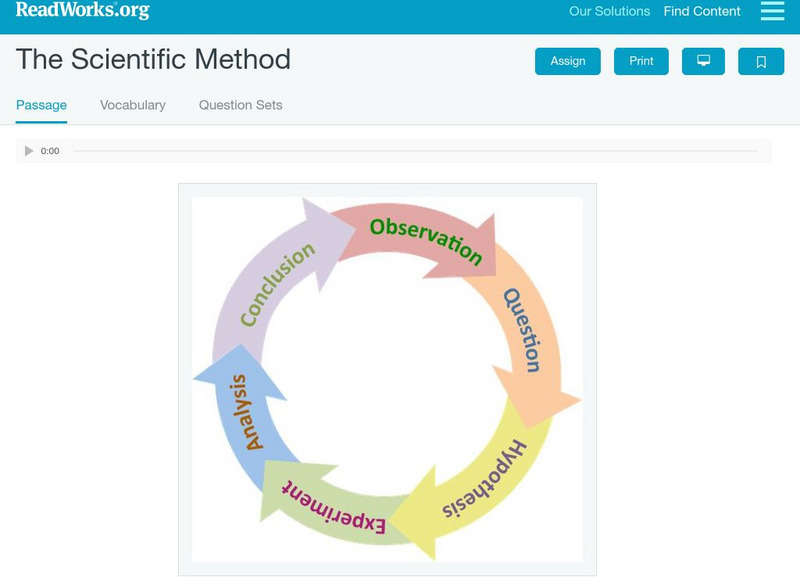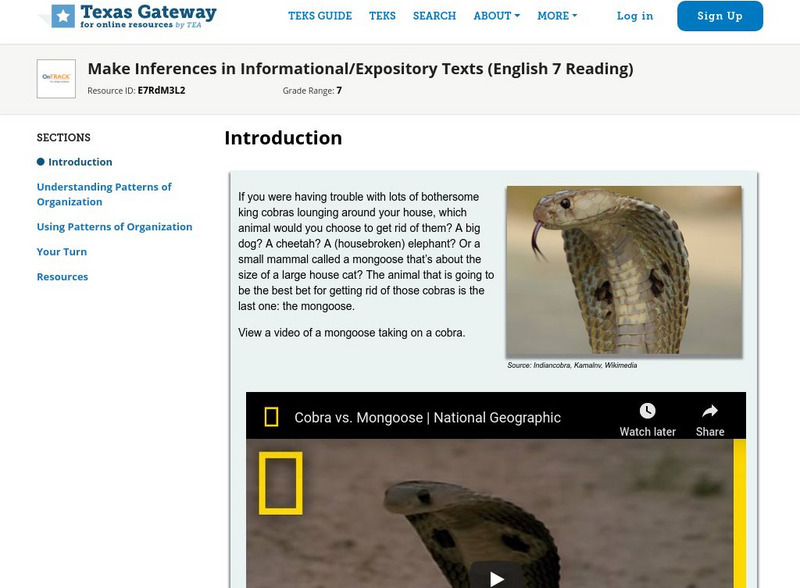Curated OER
Who Is That Ghostly Character?
Eighth graders listen to a taped version of the radio play, "The Hitchhiker". They write a conclusion to the play and work with a partner to evaluate it before a final revision.
Curated OER
Understanding Bernoulli's Principle
Fifth graders explain why we fly. In this space science activity, 5th graders discuss Bernoulli's prinicple and its relation to flight.
Curated OER
Just Plan It!
Fourth graders practice using a planning sheet for a well-known fairy tale or picture book.
Curated OER
Where Did My Lunch Come From? A U.S. Regional Tour
Pupils explore the five regions of the United States. In this social studies lesson, students discuss the regions and the states located in that region. Pupils discuss the types of food produced in each region and analyze a school lunch...
Curated OER
Philadelphia Museum of Art
Students study paintings and use their knowledge of story elements to analyze the art. In this art analysis instructional activity, students review a novel for its elements. Students study the image At the Moulin Rouge: The Dance and...
Curated OER
So You Want to Drive an Automobile?
High schoolers research types of auto insurance that are required in the state of Florida. They choose an automobile and find the cost of insurance to legally drive it.
Curated OER
Make a Snowflake
Students study the design of snowflakes. In this snow lesson, students discover the different shapes of a snowflake, and their similarities. Students study snowflakes outside, then create their own with popsicle sticks and glue.
Curated OER
Wind Power: From Eyesore to Energy
Young scholars design their own wind turbine according to client's needs. In this science and technology lesson, students analyze the pros and cons of using wind power. They construct a model of their proposed wind turbine and present it...
Curated OER
Using 3-D Models for Code Validation with FoilSim
Students use FoilSim to complete the activity to create tables of data sets comparing the lift values for a 3-D model of a symmetrical wing section to the values predicted by the FoilSim software.
Curated OER
Aeronautics Propulsion
Students use the World Wide Web to access additional information needed to complete the activities on the forces on an airplane, the function of the stabilizer, and the calculation of Mach speed, temperature, pressure, and thrust.
Scholastic
Scholastic: Getting Started With Guided Reading
How do you get started with guided reading? At this site one can find the answer to this question. The online lesson plans will help get students started with guided reading.
PBS
Pbs: Multiple Methods of Reading Instruction
This article surveys three strategies to incorporate into classroom repertoire. They include guided reading, choral reading, and readers' theater.
PBS
Pbs Learning Media: Teacher's Guide: Xavier Riddle and the Secret Museum
Use this teacher's guide to plan how you'll integrate video clips, biosketch readers, and graphic organizers for Xavier Riddle and the Secret Museum across your Grade 1-2 classroom curricula. From guided reading to a living wax museum,...
CommonLit
Common Lit: Women in Ancient Rome
CommonLit.org is a wonderful resource to use in a Language Arts classroom. Each story or article is accompanied by guided reading questions, assessment questions, and discussion questions. In addition, students can click on words to see...
Austin Independent School District
Austin Independent School District: Independent Reading [Pdf]
A guide explaining the importance of Independent Reading and providing several strategies students can use to increase comprehension while reading independently. Strategies include Reader's Response Journals, Quick Conferences,...
Khan Academy
Khan Academy: Inferences About Information Quick Guide
Some questions in the Reading Comprehension section will ask you to make an inference about information in the passage. The answer may not be explicitly stated in the passage, but it will be supported by the content of the passage. In...
Reading Rockets
Reading Rockets: Strategy Guide: Teaching How Scientists Make Inferences [Pdf]
This guide includes an introductory section about visual evidence, a general overview of how to use this strategy with many science texts, and a plan for teaching how to use visual evidence to make inferences with the Seeds of...
Polk Brothers Foundation Center for Urban Education at DePaul University
De Paul University: Center for Urban Education: I Can Classify and Infer When I Read [Pdf]
This site contains links to two graphic organizers to guide and assess the understanding of nonfiction text in science and social studies.
Read Works
Read Works: Predicting 1st Grade Unit
[Free Registration/Login Required] A two-lesson unit designed to teach students to make predictions and support them with details from the text. Lessons are based on the books Wemberly Worried by Kevin Henkes and No Roses for Harry! by...
Read Works
Read Works: Predicting 3rd Grade Unit
[Free Registration/Login Required] This is a instructional activity designed to teach students to make predictions based on relationships between characters. The instructional activity is based on the book Soupy Saturdays with the Pain...
Read Works
Read Works: Fourth Grade: One Lesson Unit: Drawing Conclusions
[Free Registration/Login Required] Learners are guided through a lesson plan to understand the difference between explicit information and conclusions drawn from a text. With free login, users have access to passages used in this lesson...
Read Works
Read Works: The Scientific Method
[Free Registration/Login Required] This nonfiction passage lists steps in the scientific method. This passage reinforces essential reading comprehension skills. Opportunities for vocabulary acquisition are also included. Several...
Khan Academy
Khan Academy: Inferences About Views Quick Guide
Learn how to spot inferences plus strategies for answering reading comprehension questions.
Texas Education Agency
Texas Gateway: Make Inferences in Informational/expository Texts
[Accessible by TX Educators. Free Registration/Login Required] Use different organizational patterns as guides for summarizing and forming an overview of different kinds of expository text while distinguishing factual claims from...


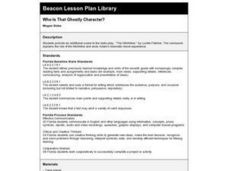
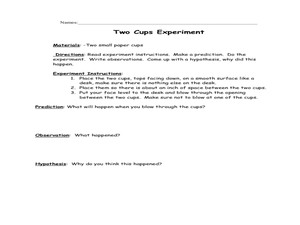
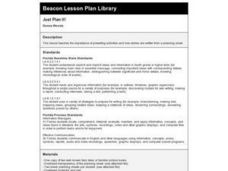






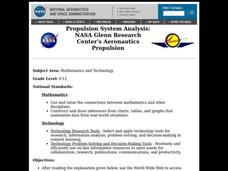
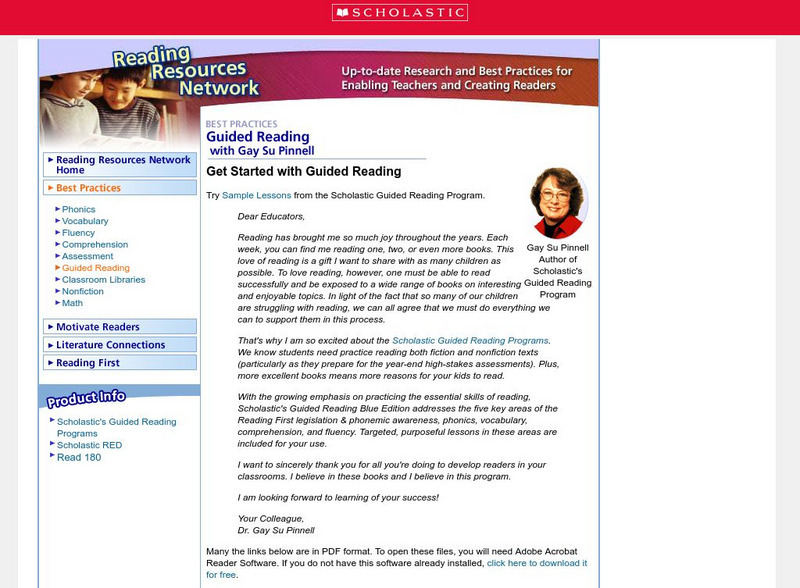



![De Paul University: Center for Urban Education: I Can Classify and Infer When I Read [Pdf] Unit Plan De Paul University: Center for Urban Education: I Can Classify and Infer When I Read [Pdf] Unit Plan](https://content.lessonplanet.com/knovation/original/119984-1e8c3bd778b0e773bd6dcdc545a348e7.jpg?1661787061)

